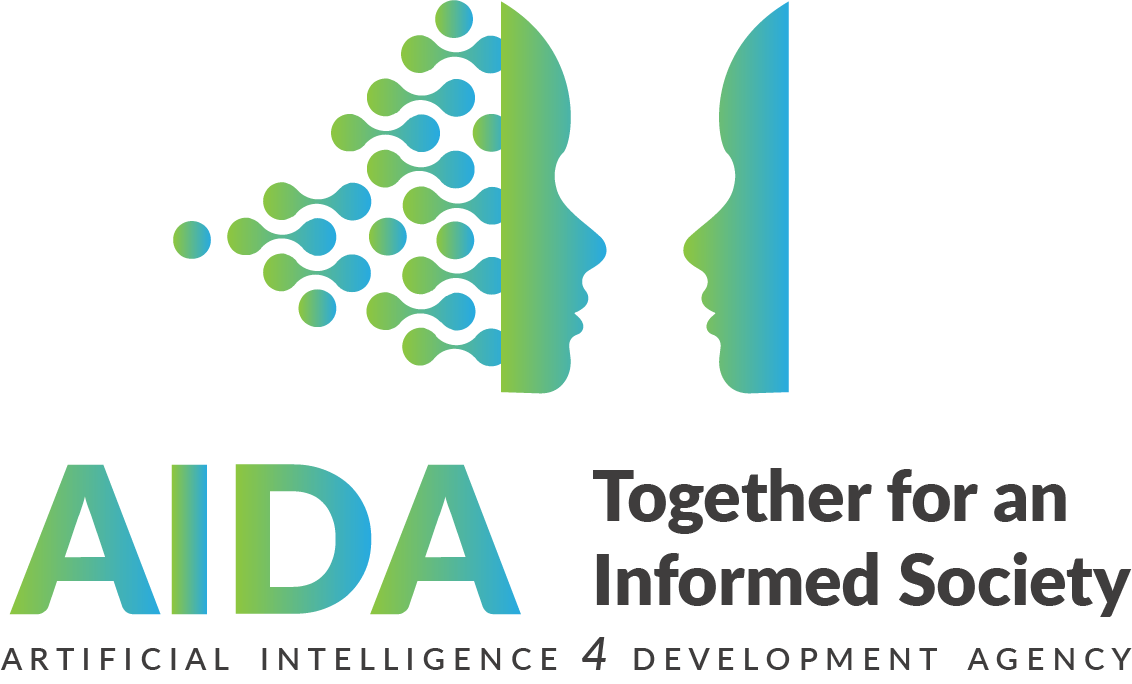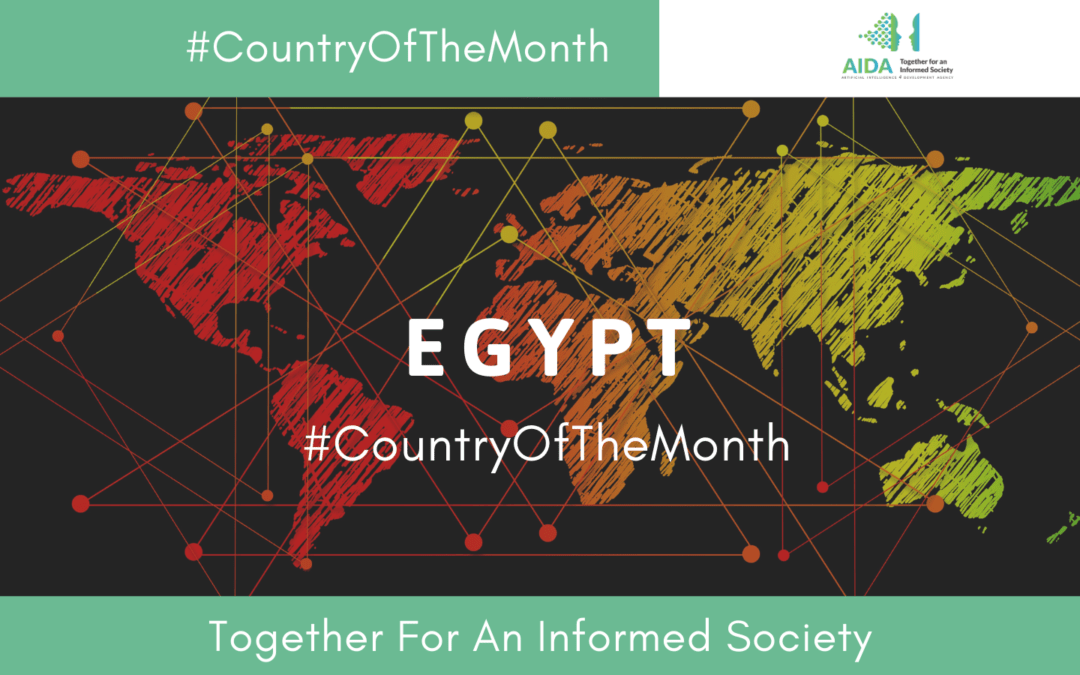Egypt’s Technological Future with Artificial Intelligence
Egypt is a phenomenal country linking northeast Africa with the Middle East. The country has a population of 104,993,557 people based on Worldometer (a world population statistics site) elaboration of the latest United Nations data. [1] Also known for its numerous tourist destinations, Egypt is one of the African countries with the most robust and thriving digital economy. With sovereign leadership under the current ICT Minister Amr Talaat overseeing the Ministry of Communications and Information Technology, Egypt is technologically advancing in Artificial Intelligence across many sectors.
In November 2019 the Egyptian government formed the National Council for Artificial Intelligence founded on the partnership between governmental institutions, prominent academics and practitioners from leading businesses in the field of AI. [2]
For Egypt to harness its full potential from AI, it has ensured that data-driven methods such as Machine Learning become a promising radical transformation of the economic and social systems within the country. Once fully adopted in the country, they will help people make better predictions and decisions. It should be noted that by 2030, AI is forecast to add $15.7 trillion to the global economy. [3]
The AI National Strategy for Egypt further focuses on key areas like Agriculture/environment and water management, Healthcare, Natural Language Processing (NLP), Economic planning including Manufacturing and infrastructure management.[4]
In a bid to concretize the AI agenda, the government has rolled out a programme in selected high schools to get students excited about AI and implement small projects on GPU boards using small kits. The pilot programme includes 10 schools around the country and will be phased in to cover all of Egypt over the next 3 years. As an essential prerequisite, the government has designed a teacher enablement programme to ensure teachers are equipped with the right tools and knowledge to teach but also to guide and mentor AI projects.[5]
AI has led to the evolution of innovations in Egypt. For instance, one such example is the Egyptian mechatronics engineer who has invented a robot that can extract potable water by condensing humidity in the air and turn it into drinking water using artificial intelligence.[6]
Additionally, the Egyptian government created the first AI faculty in the country.[7] Kafr El Sheikh University, located about 140 kilometer’s north of Cairo and 125 kilometers east of the Port of Alexandria, is one of the most respected universities in Egypt and will house the Faculty of Computers and Artificial Intelligence. The school is known for its work in the sciences. This includes engineering and medicine. So it’s strong engineering background made Kafr El Sheikh University a natural fit.
In a nutshell, the government of Egypt is fully committed to building an elaborate and extensive technological infrastructure that promotes growth and development in the fourth industrial revolution.[8]
Written by Emmanuel Oruk, AI4DA Ambassador & Digital Skills Trainer and Facilitator
References
[1] https://www.worldometers.info/world-population/egypt-population/
[2] https://mcit.gov.eg/en/Artificial_Intelligence
[4] https://mcit.gov.eg/Upcont/Documents/swf/Egypt-National-AI-Strategy-English/index.html
[5] https://oecd.ai/fr/wonk/egypt-ai-strategy
[6] https://www.manilatimes.net/2021/10/24/news/world/egypt-to-use-ai-to-produce-water/1819501
[8] https://theouut.com/infusing-ai-into-the-egyptian-lifestyle/

